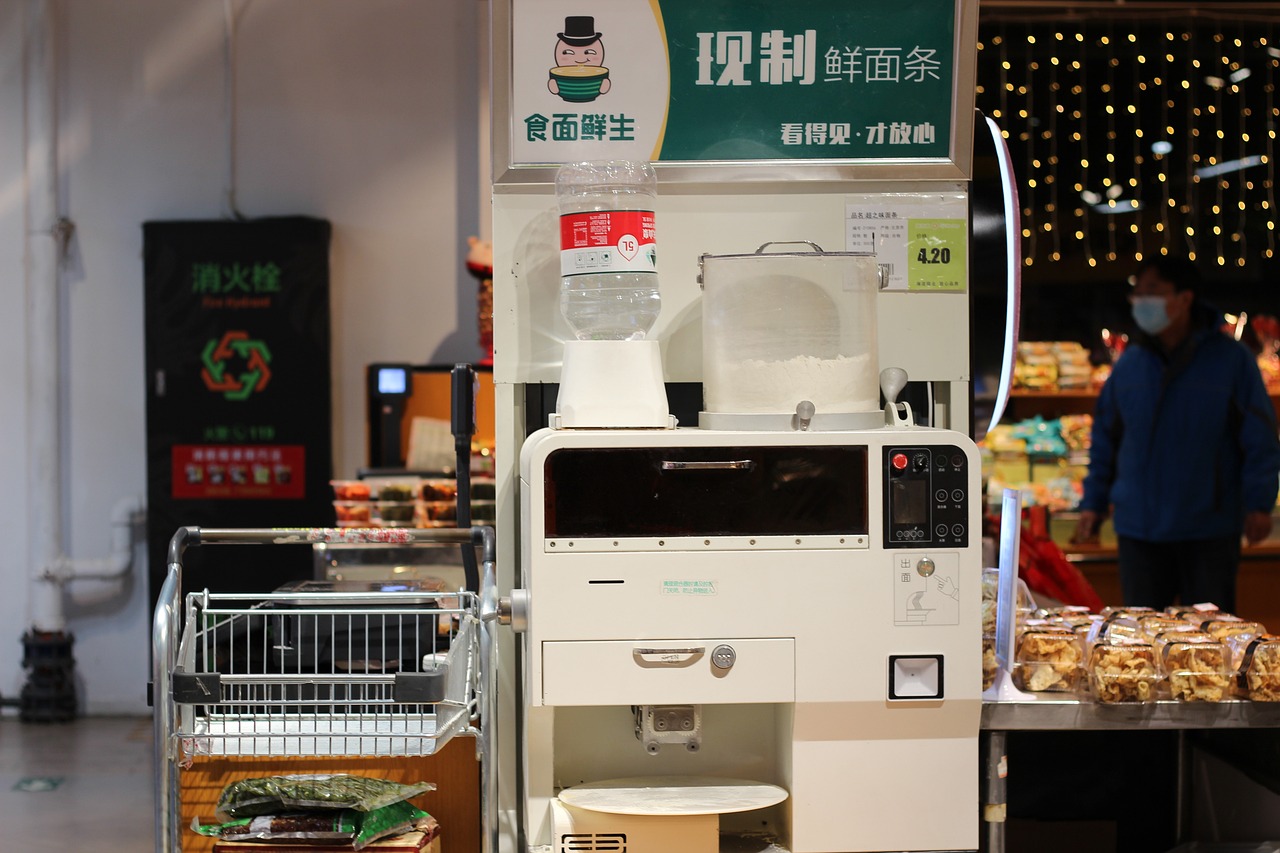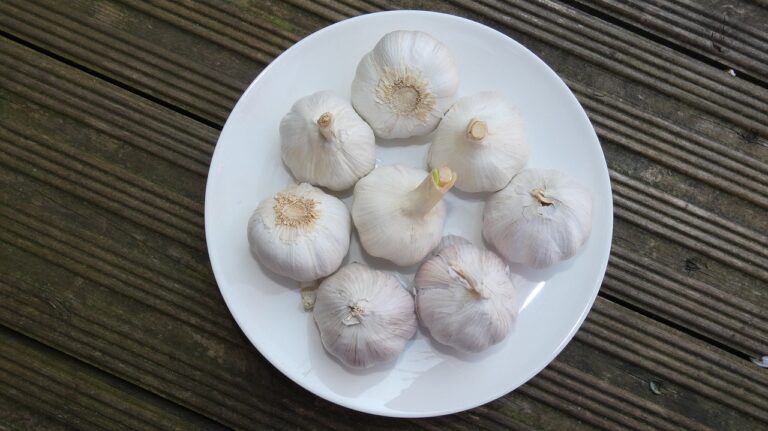Investigating the potential of blockchain technology in traceability for pulp and puree supply chains: Betbook247 app, Radhe exchange new id, Play11bet
betbook247 app, radhe exchange new id, play11bet: Investigating the potential of blockchain technology in traceability for pulp and puree supply chains
In today’s rapidly evolving business landscape, supply chain efficiency and transparency have become paramount for companies looking to stay ahead of the competition. With consumers demanding more information about the products they buy, businesses are under increasing pressure to provide accurate and detailed traceability information throughout the supply chain.
One technology that has been gaining traction in recent years for its potential to revolutionize traceability is blockchain. Blockchain is a decentralized, distributed ledger technology that enables secure, transparent, and immutable record-keeping. By using blockchain, companies can track and trace products throughout the entire supply chain, from farm to table.
Pulp and puree supply chains, in particular, could benefit greatly from the adoption of blockchain technology. These industries often face challenges related to traceability, such as inconsistent quality, counterfeit products, and supply chain inefficiencies. By implementing blockchain, companies can improve transparency, enhance trust among stakeholders, and optimize supply chain processes.
Here are some of the key ways in which blockchain technology can transform pulp and puree supply chains:
1. Improved transparency: Blockchain provides a decentralized and transparent platform for recording and verifying transactions. This can help companies in the pulp and puree industry to track the origins of their products, ensure compliance with regulations, and detect any fraudulent activities in the supply chain.
2. Enhanced traceability: By using blockchain, companies can create a digital trail that records every step of the product’s journey from the farm to the consumer. This level of traceability can help companies identify and address any issues that arise along the supply chain, such as contamination or spoilage.
3. Increased trust: Blockchain technology is inherently secure and tamper-proof, making it ideal for building trust among stakeholders in the supply chain. By providing real-time access to accurate and verified data, companies can improve communication and collaboration with suppliers, distributors, and consumers.
4. Streamlined processes: By digitizing supply chain processes on a blockchain platform, companies can automate manual tasks, reduce paperwork, and eliminate inefficiencies. This can lead to cost savings, enhanced productivity, and faster decision-making.
5. Market differentiation: Companies that adopt blockchain technology early on can gain a competitive edge by differentiating themselves as leaders in transparency and sustainability. Consumers are increasingly demanding products with provenance and ethical sourcing, making blockchain a valuable tool for branding and marketing purposes.
6. Sustainable practices: Blockchain technology can also support sustainable practices in the pulp and puree supply chains by enabling companies to track and verify the environmental impact of their operations. This can help companies reduce waste, optimize resources, and comply with eco-friendly standards.
In conclusion, blockchain technology holds immense potential for transforming traceability in pulp and puree supply chains. By leveraging blockchain’s secure and transparent features, companies can improve transparency, traceability, trust, efficiency, market differentiation, and sustainability in their supply chain operations. As the technology continues to evolve, companies that embrace blockchain early on will be well-positioned to thrive in the increasingly competitive and demanding marketplace.
FAQs:
Q: How does blockchain ensure data security in supply chains?
A: Blockchain uses encryption and consensus mechanisms to secure data and prevent unauthorized access or tampering. This makes it highly secure and resistant to hacking or manipulation.
Q: Can blockchain technology be integrated with existing supply chain systems?
A: Yes, blockchain can be integrated with existing systems using APIs and middleware. This allows companies to leverage the benefits of blockchain without disrupting their current operations.
Q: What are some challenges to implementing blockchain in supply chains?
A: Challenges include scalability, interoperability, regulatory compliance, and upfront costs. Companies need to carefully assess these factors and develop a strategic roadmap for blockchain adoption.
Q: How can consumers benefit from blockchain in pulp and puree supply chains?
A: Consumers can gain access to accurate and transparent information about the products they buy, including sourcing, production methods, and sustainability practices. This can help consumers make informed purchasing decisions and support ethical brands.







